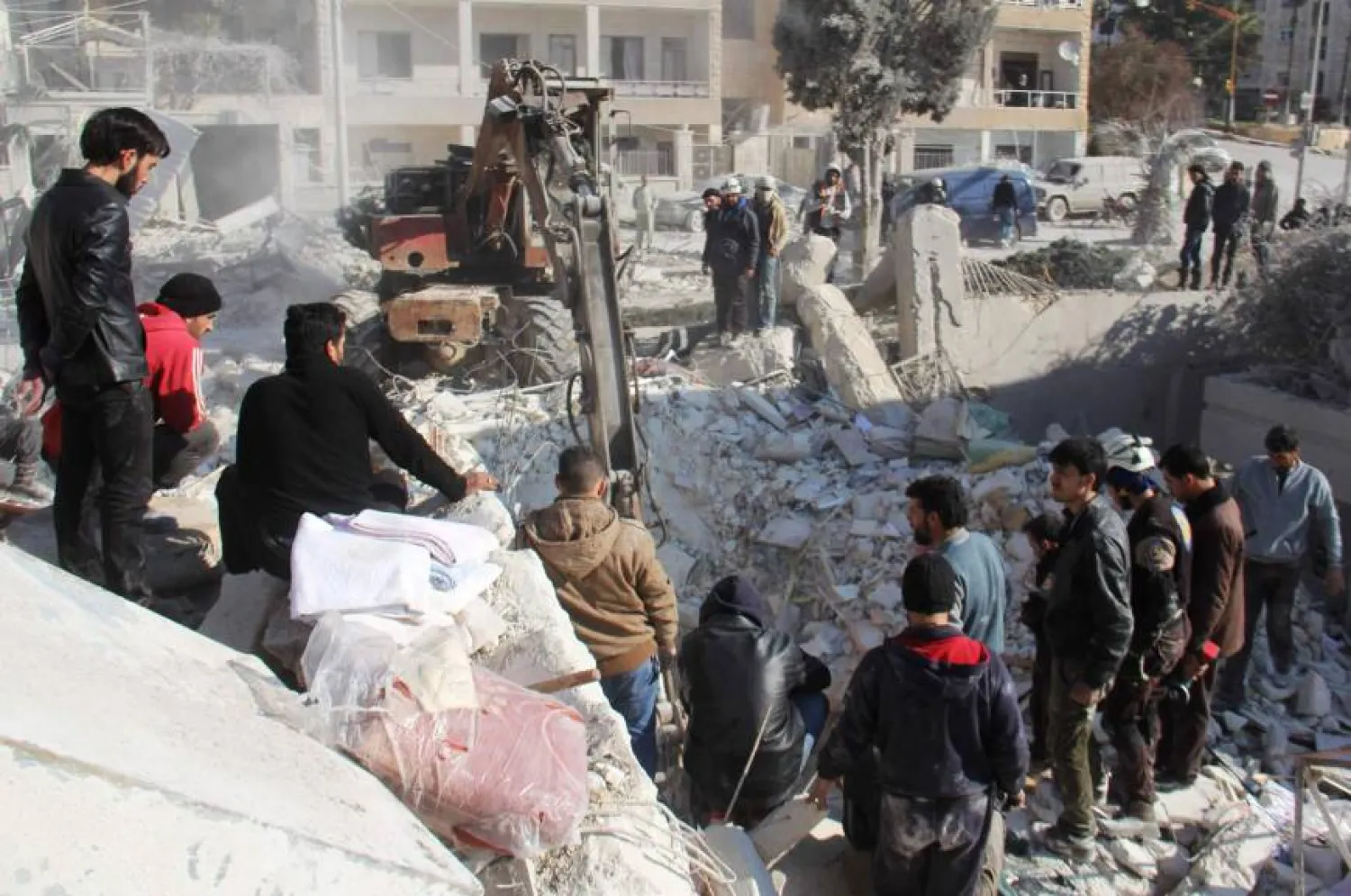Washington is currently monitoring the presence of around 10,000 Qaeda leaders and militants in Syria’s province of Idlib and Moscow has asked the US earlirt this year to halt airstrikes against leaders of the organization in the north and west of Syria, informed sources revealed on Monday.
The sources said that Washington did not accept to change the name of “al-Nusra Front” to “Fatah al-Sham Front” and its joining later the ranks of “Hay’at Tahrir al-Sham”. It considered the move as a maneuver planned by the Syrian branch of Qaeda, which is listed in United Nations Security Council resolutions as a terrorist group.
“Idlib is not only the largest headquarters of the Qaeda worldwide, but it also includes 10,000 of the group’s most dangerous leaders and militants,” US officials said during closed-door meetings with their international and regional allies when speaking about al-Nusra and other ISIS and Qaeda-linked factions that support the group.
The sources also said that in addition to the Washington-led international coalition fighting ISIS in Syria’s Raqqa, the US recently began to focus on the province of Idlib, where it plans to launch a battle against the terror group, which means that the country will witness additional wars.
In the meantime, leader of Fatah al-Sham Abu Mohammad al-Joulani was planning to convince several moderate factions and religious figures to join his plan of establishing a “civil administration” in Idlib.
He also proposed to western diplomats a plan to send his militants to fight ISIS in eastern Syria.
However, the US responded to the proposal by saying: “Al-Nusra plans to hide behind a civil administration.”
Meanwhile, several donor states have started to reconsider whether they should continue to offer aid to civil and development institutions and agencies operating in Idlib.
In this regard, one German non-governmental agency decided to suspend aid delivery to Idlib, a decision which would negatively affect the lives of around 2 million civilians currently living in the province, including refugees from other areas.
Meanwhile, US and Russian officials held a meeting in Amman to follow up on the “southern Syria” truce agreement in Daraa, Quneitra and Souweida and to discuss a mechanism that monitors the ceasefire and observes how far Iranian-linked militias are from the Jordanian border.









